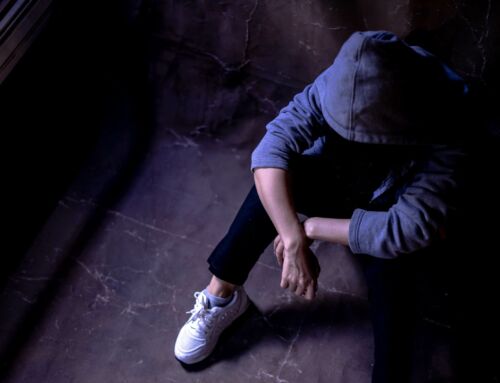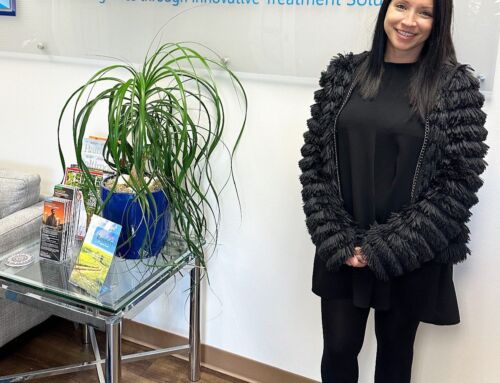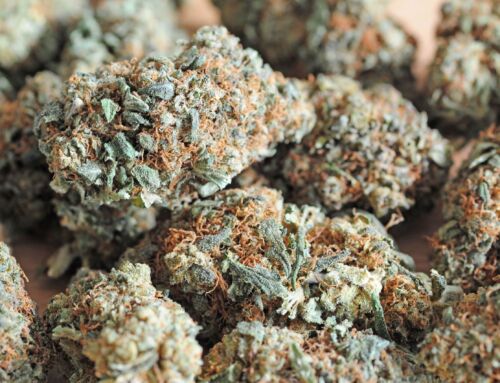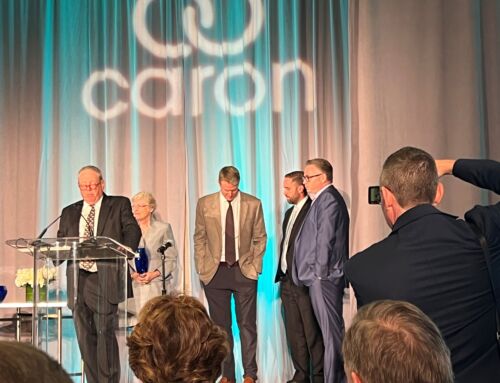For years, medication was often a dirty word as related to addiction treatment. Throughout history, many rehabs and addiction treatment centers were what as known as “abstinence-based”, meaning that patients were taken off all mood- and mind-altering drugs. Much of this was due to the treatment field’s history and relationship with 12-Step Fellowships like Alcoholics Anonymous (AA) and Narcotics Anonymous (NA.)
AA and NA fellowships are abstinence-based. Even today, while many individual 12-Step groups have evolved, there are still groups that take a hard stance on any medication. Because these groups are abstinence-based, and because many of the first treatment centers were founded by people who were members of these 12-Step groups, naturally the treatment taking place mimicked the principles these individuals found in the rooms of AA or NA.
Because many medical professionals for years had little interest in the treatment of addicted populations, whether due to stigma or other reasons, the treatment as a field was born through the experience of those that began treatment centers, often basing the care on abstinence. Many of these initial centers or facilities weren’t even rehabs or treatment centers in the way that such places are thought of now, but rather healing or recovery retreats. Think of them as 12-Step summer camps- locations where active alcoholics or those suffering from drug addiction could go for several weeks or a month, dry out or detox, and get connected to members of 12-Step fellowships and begin taking the 12 Steps of AA or NA.
Over the years, treatment has evolved. More doctors and clinical professionals have taken steps to start treatment centers. Psychiatry, psychology and mental health practices began being implemented. Evidence-based practices became more commonplace. Clinical approaches took hold, bringing addiction treatment to where it is today.
One of the biggest medical and clinical changes from then until now is the use of appropriate medications to treat both substance use disorder but also mental health and psychiatric disorder issues that patients are suffering from. Over the years, the clinical acuity of patients has increased, with more patients coming to treatment with a co-occurring or dual diagnosis. It is also now understood that stopping the drinking or drug use is important, but that some patients requires medications to achieve both recovery and a high quality of life. Another issue that is common in rehab is a patient admitting with no history of mental health or psychiatric disorders, goes through detox and gets off substances, and then finds that they are dealing with issues like anxiety and depression. Other times, patients once getting off substances, give doctors an opportunity to get an accurate diagnosis and find that patients may be suffering from issues such as ADHD, bi-polar disorder, or schizophrenia.
Therefore, the idea that “abstinence-based” treatment still exists is often untrue. A more appropriate term would be “recovery-oriented” or “recovery-based” treatment, where patients are able to get help stopping the substances that are problematic for them, but also get prescribed necessary medication to allow them to live a high quality of life. Doctors and nurse practitioners in addiction treatment and rehab settings now, to facilitate high quality patient care, typically utilize appropriate medication for patients to treat mental health symptoms and aid them in their recovery from addiction. Some medications are prescribed, while others are over-the-counter options; some of specific medication-assisted treatment medications for substance use disorders, while others are psychotropic medications used to support mental health and psychiatric issues.
Here are some of the typical medications that can be found prescribed in addiction treatment:
Medication-Assisted Treatment Medications
Some examples of common Medication-Assisted Treatment for opioid use disorder are Buprenorphine, Suboxone, Subutex, Sublocade, Vivitrol, Naloxone, and Methadone.
Lexapro
Lexapro is an antidepressant often used by rehabs in addiction treatment. It is often prescribed for mental health issues such as anxiety and depression.
Wellbutrin XL
Another antidepressant medication often prescribed by doctors for patients in rehab is Wellbutrin XL, used for those patients dealing with forms of depression.
Vistaril
A prescription medication often used to deal with symptoms of anxiety, Vistaril will often be prescribed in addiction treatment to treat anxiety or help with sleep.
Trazodone
Created to help with depression, Trazadone helps to improve mood, appetite, and energy levels, as well as decrease anxiety and insomnia. Trazadone is often prescribed by doctors in rehab for patients that have trouble sleeping.
Seroquel
Seroquel is an antipsychotic medication often used to treat schizophrenia or bipolar disorder. Patients in rehab with a co-occurring or dual diagnosis may often be prescribed Seroquel as a mood stabilizer. In some cases, patients in drug rehab may also be prescribed Seroquel to help with insomnia or other sleep issues.
Strattera
Strattera is a nonstimulant drug approved for the treatment of attention-deficit hyperactivity disorder (ADHD.) As a nonstimulant medication, it is often used in rehab and by addiction treatment medical providers to aid patients in treatment who are also dealing with ADHD.
Buspirone
Buspirone is an FDA-approved medication used to treat patients with generalized anxiety disorder (GAD) and other anxiety-related issues.
Melatonin
Melatonin is a natural hormone produced by the brain in response to darkness. It is also used as a supplement to aid in sleep or to help people with insomnia.
Ibuprofen
Many patients that come into treatment for addiction deal with pain. Therefore, OTC medication ibuprofen is often used in rehabs when patients are dealing with physical pain or other issues such as headaches.
If you or someone you know needs help for addiction or co-occurring disorder issues, please give us a call. Maryland Addiction Recovery Center offers the most comprehensive dual-diagnosis addiction treatment in the Mid-Atlantic area. If we aren’t the best fit for you or your loved one, we will take the necessary time to work with you to find a treatment center or provider that better fits your needs. Please give us a call at (866) 929-4318 or email our team at info@marylandaddictionrecovery.com. For more information on all of our drug addiction, alcohol addiction, and co-occurring disorder services and recovery resources, please visit our website at www.marylandaddictionrecovery.com.

Table of Contents





